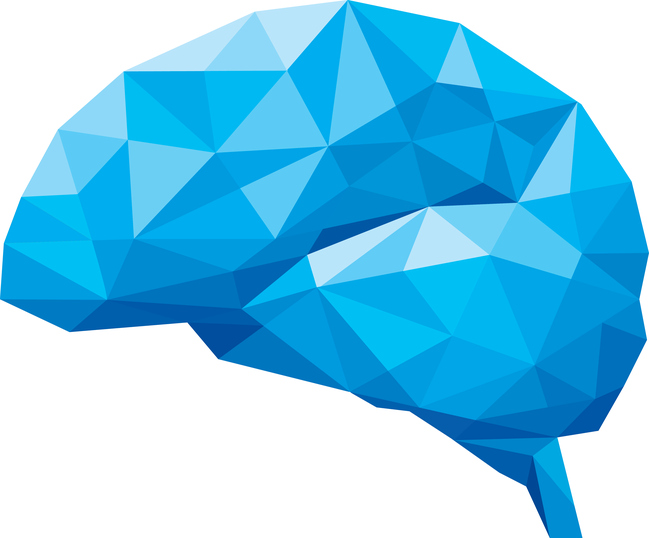How We Perpetuate Negative Patterns with Our Coping Styles

In my last blog I discussed the definition of early maladaptive schemas (EMS) and how they can greatly interfere with our growth in relationships. To recap, schemas are long-standing negative patterns of thinking, feeling and/or behaving that typically begin early in life. Schemas are formed when needs are not met during childhood and then the schema prevents similar needs from being fulfilled in adulthood. I also listed the 18 types of schemas and discussed how schema therapy can help in identifying and resolving these unhealthy patterns.
Schema therapy can help people understand and change long-term life patterns.
How We Perpetuate our Schemas
In this blog I want to focus on how Dr. Young, developer of the Schema-Focused model, believes we perpetuate our schemas. There are two primary schema operations: schema healing and schema perpetuation. All thoughts, behaviors and feelings either perpetuate the schema or heal the schema. Perpetuation of schemas happens through cognitive distortions, self-defeating behavior patterns and schema coping styles.
-
Cognitive Distortions
Cognitive distortions consist of negative interpretations and predictions of life events. The schema will highlight or exaggerate information that confirms the schema and will minimize or deny information that contradicts it.
-
Self-Defeating Behavior Patterns
Self-defeating behavior patterns will perpetuate the schema’s existence by providing a constant stream of evidence for the schema. An example is someone who was abused in childhood and developed a Mistrust/Abuse schema may seek out abusive relationships in adulthood and remain in them.
Schema Coping Styles
Schema coping styles are schema surrender, schema avoidance, and schema overcompensation. These three styles exert their influence on our behavior and work to protect their own survival.
-
Schema Surrender
Schema surrender refers to ways in which people passively give in to the schema. They accept the schema as truth and then act in ways that confirm the schema.
-
Schema Avoidance
People develop ways to avoid triggering schemas in order not to feel the pain they come with. There are three types of schema avoidance: cognitive, emotional and behavioral. People may voluntarily choose not to focus on an aspect of their personality or an event, which they find disturbing. There are also unconscious processes which help people to shut out information or emotions which would be too upsetting to confront. Often when people have painful emotional experiences, they numb themselves to the feelings in order to minimize the pain. This frequently leads to unhealthy coping such as alcohol or drug abuse.
-
Schema Overcompensation
People behave in ways that seem healthy appearing to be the opposite of what the schema suggests in order to avoid triggering the schema, however this often causes more unhealthy patterns.
Schema Healing
In schema therapy the goal of the treatment is to engage in schema healing processes. These processes are intended to weaken the early maladaptive schemas and coping styles as much as possible and build up the person’s healthy side.
Schema therapy can help people understand and change long-term life patterns. The therapy consists of identifying early maladaptive schemas and coping styles, and systematically confronting and challenging them.
“The part of our brain that is responsible for achieving our dreams and goals is very much affected by the childhoods that we have. We need certain conditions in childhood to build a brain that can push through fear, self doubt and frustration – the main things that derail us on our paths to change. But there is hope! Our brains are always changing – and if you know what you need to do to build an effective brain, your chances of success are way better.” Christine Askew
Contact Watershed Counseling
Are you ready to get unstuck from the same old patterns? We would be honored to work with you as you set out to make the changes necessary to live your fullest life. Make an appointment today by calling us at (601) 362-7020 or send us a message.







